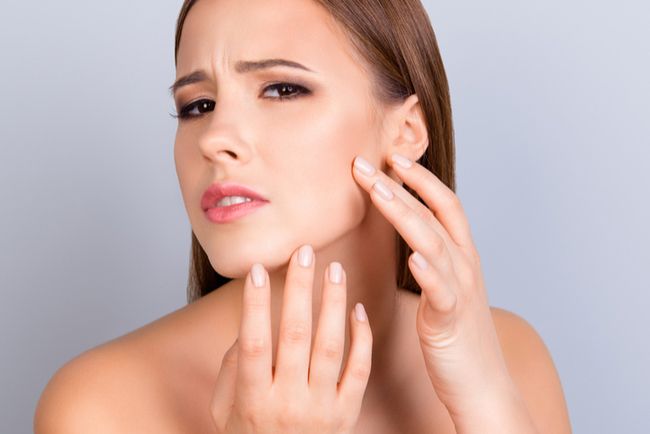
- Home
- About
- Our Team
- Services
- Postoperative Care
- Smile Gallery
- Medical Tourism
- Blog
- Offers
- Contact Us
- Home
- About
- Our Team
- Services
- Postoperative Care
- Smile Gallery
- Medical Tourism
- Blog
- Offers
- Contact Us

Understanding the Effects and How to Combat Them :
In our fast-paced modern lives, stress has become an all-too-familiar companion. From demanding work schedules to personal responsibilities, it seems like there’s always something to worry about. However, have you ever considered the toll stress takes on your skin? It turns out that the impact of stress on your skin is more significant than you may realize. In this blog post, we’ll explore the various effects stress can have on your skin and provide practical tips to help you combat them.
1. The Science Behind Stress and Skin:
Stress triggers a complex hormonal response in your body, leading to the release of cortisol, commonly referred to as the stress hormone. Increased cortisol levels can disrupt your skin’s natural balance, affecting its overall health and appearance. Understanding this connection is crucial for tackling the skin issues caused by stress.
2. Acne Flare-Ups:
One of the most common skin problems associated with stress is acne. The increase in cortisol levels can stimulate the production of excess oil, leading to clogged pores and breakouts. Moreover, stress can also exacerbate existing acne conditions, making them more difficult to manage. Developing a consistent skincare routine and managing stress levels through relaxation techniques can help prevent and control stress-related acne.

3. Premature Aging:
Stress can accelerate the aging process, leading to the appearance of fine lines, wrinkles, and dull skin. Chronic stress can impair collagen production, which is responsible for maintaining skin elasticity and firmness. Additionally, stress-induced oxidative damage can speed up the breakdown of collagen and elastin fibers. Incorporating anti-aging skincare products, eating a balanced diet, and practicing stress-reducing activities like meditation or exercise can help combat premature aging caused by stress.

4. Skin Sensitivity and Irritation:
Stress can also trigger or worsen skin conditions such as eczema, psoriasis, and rosacea. The inflammatory response triggered by stress can lead to increased skin sensitivity, redness, itching, and flare-ups of these conditions. Gentle skincare products, avoiding potential irritants, and managing stress through techniques like deep breathing or yoga can help alleviate these symptoms.

5. Dull Complexion:
When you’re stressed, blood flow to the skin is reduced, leading to a lackluster complexion. Additionally, stress can disrupt your sleep patterns, hindering the skin’s natural healing and rejuvenation processes. To restore radiance to your skin, consider incorporating exfoliating treatments, using brightening skincare products, and prioritizing quality sleep.

Stress is an unavoidable part of life, but understanding its impact on your skin is crucial for maintaining healthy and radiant skin. By managing stress levels and adopting a consistent skincare routine, you can minimize the negative effects of stress on your skin. Remember to prioritize self-care, engage in stress-reducing activities, and consult with a dermatologist if you’re struggling with persistent skin issues. Take control of your well-being and let your skin shine despite the challenges of daily life.